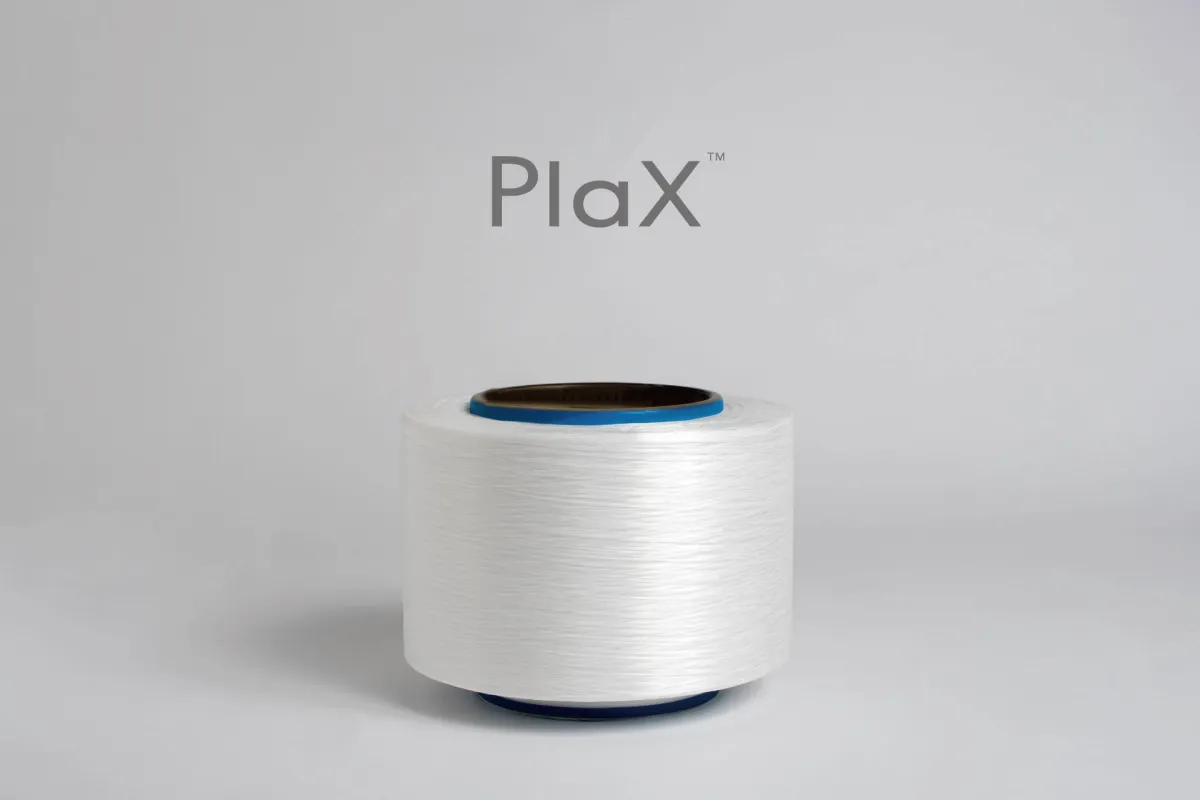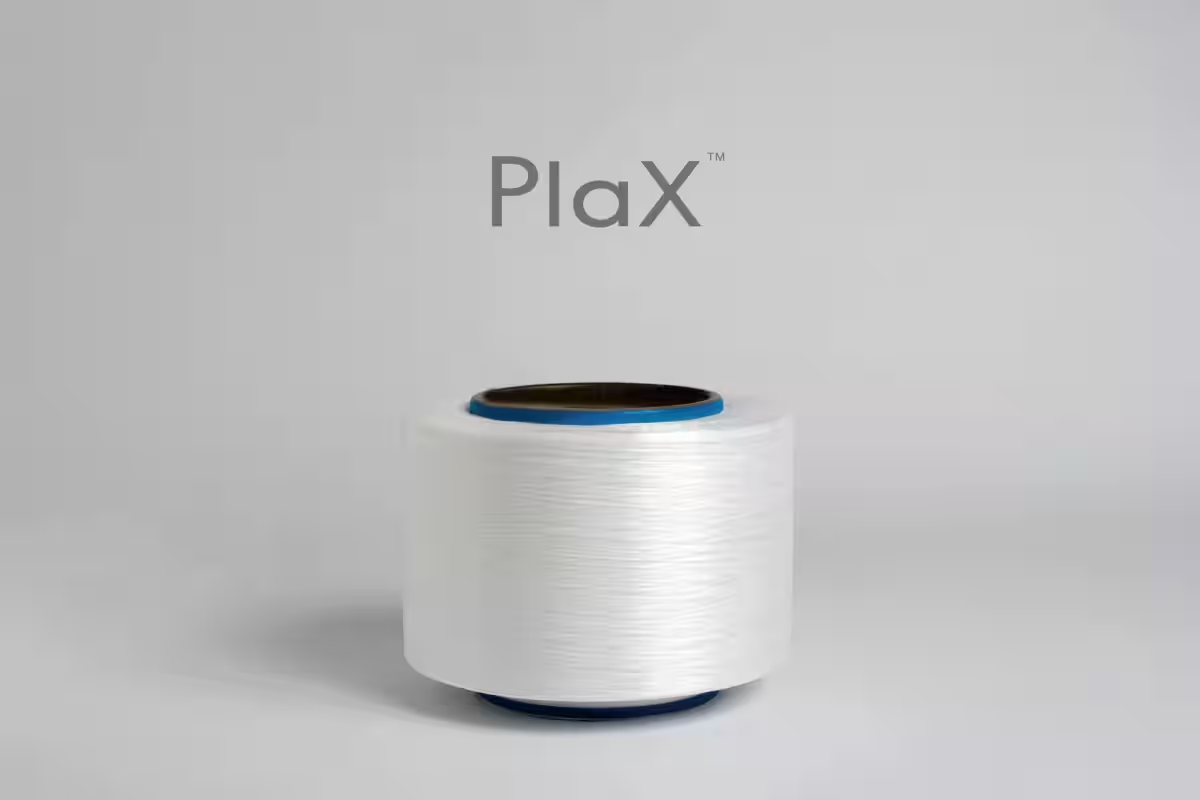

Bioworks Expands to Taiwan with Sustainable Fiber PlaX Launch
Bioworks Expands Internationally with Taiwan Office
Bioworks, a Kyoto-based company specializing in the development of plant-based synthetic fibers, has officially established its first overseas branch in Taiwan. This strategic move aims to expand the reach of its innovative fiber, PlaX, in both the local Taiwanese market and international markets, focusing particularly on Europe and the United States.
The fiber industry is witnessing significant growth, fueled by the rising global population and demands for sustainable practices. Currently, synthetic fibers derived from petroleum account for nearly 60% of the total fiber market, a trend that has been on the rise for over 40 years. However, the finite nature of petroleum and the high CO2 emissions associated with its production highlight the urgent need for sustainable alternatives in the apparel sector. The launch of PlaX is Bioworks’ response to this critical challenge. This next-generation fiber not only acts as an alternative to petroleum-based fibers but is also produced from renewable plant resources.
By opening the office in Taiwan, Bioworks aims to strengthen collaborations with local manufacturers and brands, thereby enhancing its supply chain's flexibility and responsiveness. Taiwan is not only renowned for its high-quality long fiber production but also serves as a key supplier to many global brands. This location aligns seamlessly with Bioworks' objectives to innovate and promote sustainable materials.
To further bolster its position, Bioworks has formed a partnership with AceGreen Eco-Material Technology Co., Ltd., a Taiwanese company that specializes in sustainable and eco-friendly materials. Together, they will promote and sell PlaX fiber in Taiwan and international markets, utilizing AceGreen’s established marketing network.
The collaboration is part of a larger initiative to leverage Bioworks’ innovative technology in creating sustainable textile solutions. As stated by Chou Roger, CEO of AceGreen, the partnership aims to enhance performance and processing capabilities of PLA-based long fibers. With such advancements, they envision widespread use in the apparel and functional textile sectors.
Bioworks' PlaX fiber is a significant breakthrough in sustainable materials, combining polylactic acid (PLA) derived from plant sources with a proprietary plant-derived additive. This innovative fiber offers multiple features that contribute to reducing environmental impact. For instance, switching from traditional polyester to PlaX can cut CO2 emissions from long fiber production by 70% and by 50% for short fiber production. Additionally, water usage in manufacturing can be reduced by 90% compared to cotton.
The biodegradable nature of PlaX allows it to decompose into water and CO2 through microbial action, making it a favorable option for modern textile products. Furthermore, ongoing research is focused on developing chemical recycling methods for PlaX, promoting a closed-loop resource cycle which enhances sustainability. Importantly, when incinerated, PlaX produces significantly lower CO2 emissions and does not emit harmful substances like dioxins.
Bioworks is dedicated to playing a pivotal role in the transition from petroleum-based raw materials toward sustainable textiles. With the growing global interest in carbon neutrality and sustainability, the demand for alternative fibers is accelerating. Bioworks and AceGreen’s partnership exemplifies a shared commitment to address these emerging needs by crafting innovative textile solutions that are both environmentally friendly and commercially viable.
The establishment of the Bioworks Taiwan office, officially named 日商百聚勝創新材料股份有限公司台灣分公司, is situated at 23F, No.218, Sec.1, Wenxin Rd., Nantun Dist., Taichung 40865, Taiwan. As they embark on this new venture, the teams at Bioworks and AceGreen are excited about the possibilities that sustainable materials hold for the future of the textile industry.
In conclusion, the collaboration between Bioworks and AceGreen marks a significant step toward integrating innovative, sustainable materials in global textile markets, reinforcing the commitment to environmental stewardship and leading the textile industry towards a greener future.

Topics Consumer Products & Retail)










【About Using Articles】
You can freely use the title and article content by linking to the page where the article is posted.
※ Images cannot be used.
【About Links】
Links are free to use.